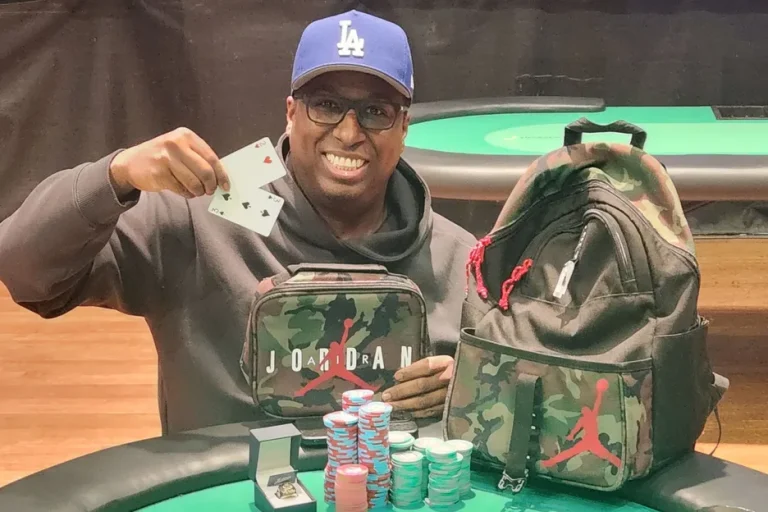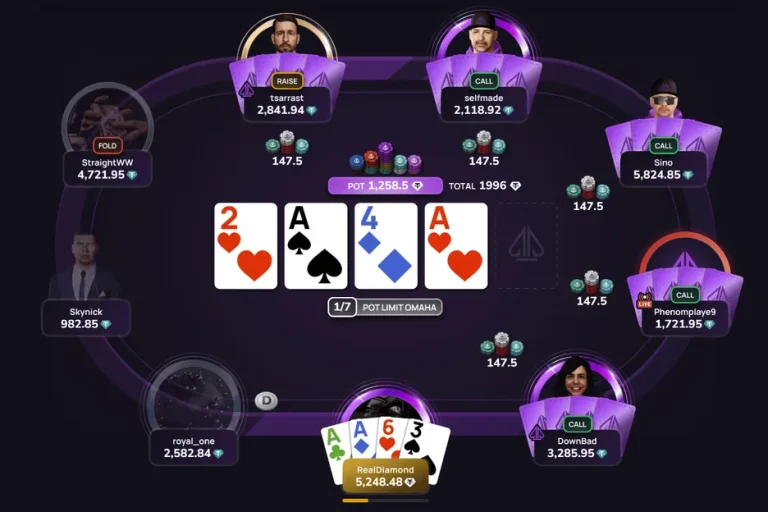Dealer’s Choice games are some of the most unpredictable, entertaining, and strategically demanding formats in poker. Unlike standard cash games or tournaments where one variant is played throughout, Dealer’s Choice gives each player the power to pick the poker variant for that round. That means you could be playing No-Limit Hold’em one hand and follow it up with Pot-Limit Omaha Hi-Lo the next.
Preparation is key if you want to survive — and thrive — in such a chaotic but fun environment. Here’s how to walk into a Dealer’s Choice game with confidence and a solid edge.
Know the Core Variants
Dealer’s Choice games often include a mix of familiar formats (like Hold’em and Omaha) and less common ones (like Razz, Badugi, or Pineapple). Before sitting down, make sure you have a working knowledge of:
-
Texas Hold’em (NL/Limit)
-
Pot-Limit Omaha
-
Stud variants (Seven-Card Stud, Razz, Stud Hi-Lo)
-
Draw games (2-7 Triple Draw, Five Card Draw)
-
Split-pot games (Omaha Hi-Lo, Stud 8)
-
Mixed games (like H.O.R.S.E. or B.O.M.B.)
Even if you’re not a master of each format, knowing basic hand rankings, betting structures, and strategic adjustments will prevent costly mistakes.
Study High-Impact Rules in Advance
Each poker variant comes with its own nuances: number of hole cards, betting limits, draw rounds, and showdown conditions. Spend some time reviewing rule sets for games that are likely to be called. Focus especially on:
-
Hand values in lowball and split-pot games
-
How betting limits (Limit, Pot-Limit, No-Limit) change your approach
-
Position and drawing strategies in lesser-known games
Having a cheat sheet or mental snapshot of the rules for each variant can dramatically reduce confusion and hesitation at the table.
Build a Flexible Playing Style
Dealer’s Choice rewards adaptability. You won’t be able to rely on one play style all night, so practice adjusting based on:
-
The variant being played
-
The tendencies of the dealer
-
The stack sizes and limits
For example, an aggressive strategy that works in No-Limit Hold’em could backfire in a Limit Stud game. Pay attention to how each game shifts the value of aggression, patience, and position.
Observe Opponents’ Preferences
Over time, players will reveal which games they favor — and which ones they struggle with. Watch closely:
-
Does a player always call Stud Hi-Lo or Badugi?
-
Do they tighten up in draw games?
-
Are they aggressive only during Omaha rounds?
Tracking these tendencies will help you make better decisions and even counter their favorite formats with more informed play.
Be Strategic When It’s Your Turn to Choose
When it’s your deal, don’t just pick your favorite game — pick the game that gives you an edge over the table. If most players struggle with Razz or 2-7 Triple Draw and you’ve studied them, that’s your time to strike.
Alternatively, if your stack is short or the table is getting wild, choose a format that slows down the action or has more fixed-limit control to regain momentum.
Prepare Mentally and Physically
Dealer’s Choice sessions can run long and test your mental stamina, especially if they include complex variants. Get plenty of rest, stay hydrated, and take short breaks when needed. A clear head helps you process each game’s rules quickly and avoid tilt when you lose an unfamiliar hand.
FAQ
What if I don’t know how to play a variant someone picks?
It’s not uncommon to encounter a game you’re unfamiliar with. In home games, it’s acceptable to ask for a quick explanation, but ideally, you should prepare in advance by reviewing the most common variants. Avoid betting heavily in games you don’t understand—play cautiously and use the opportunity to learn.
How many games should I learn before joining a Dealer’s Choice game?
Start by learning the top 8–10 most frequently called variants. This will cover the majority of what you’re likely to face. Focus on one new game at a time, practicing online or with friends until you’re comfortable with the rules and basic strategy.
Should I always choose my best game when it’s my turn to deal?
Not necessarily. Sometimes it’s better to choose a game your opponents play poorly, even if it’s not your absolute best. Dealer’s Choice isn’t just about maximizing your comfort—it’s also about exploiting the weaknesses of others. Think strategically based on the current table dynamic.


